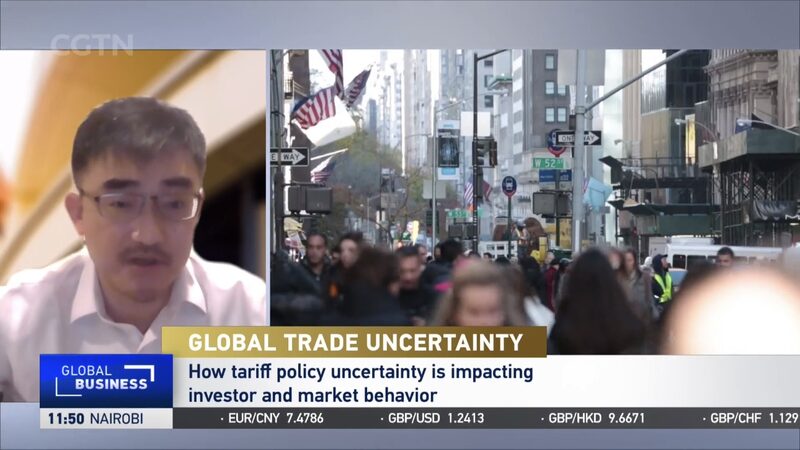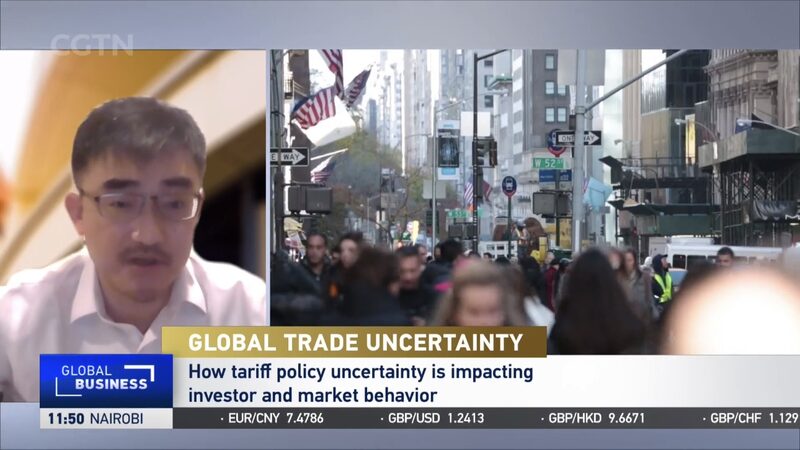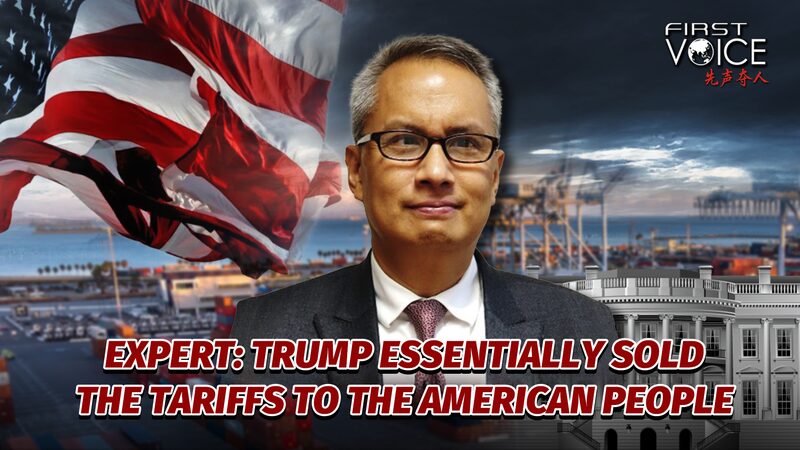The United States has escalated its use of tariff policies by imposing new tariffs on Canada, Mexico, and the Chinese mainland. This strategic move aims to reduce the U.S. trade deficit with these nations and bolster fiscal revenues. Additionally, tariffs serve as a negotiation tool in ongoing trade discussions.
While the short-term objectives might seem beneficial for Washington, the long-term implications raise significant concerns. The imposition of tariffs has the potential to heighten tensions within the global market and disrupt established supply chains. Such disruptions can lead to increased costs for businesses and consumers alike, undermining economic stability across various sectors.
Experts warn that a trade war triggered by these tariffs could have far-reaching consequences, with no clear winners emerging from the conflict. The interconnected nature of today's global economy means that retaliatory measures and increased costs can ripple through multiple industries, affecting economies worldwide.
As the situation unfolds, stakeholders across different sectors are closely monitoring the developments, anticipating adjustments to their strategies to navigate the evolving trade landscape.
Reference(s):
cgtn.com




